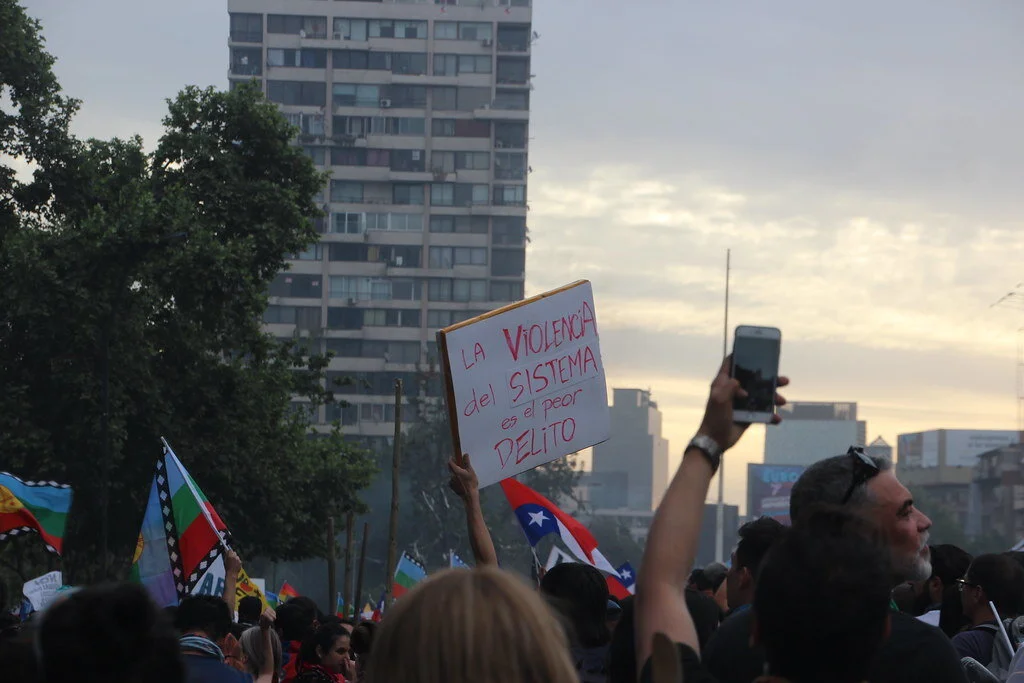Many view the reelection of Polish President Andrzej Duda in July as a further setback for women’s and LGBTQ+ rights in the country.
Andrzej Duda, the president of Poland, meets with a leader of the Roman Catholic Church. EpiskopatNews. CC BY-NC-SA 2.0
For much of the 20th century, Poland was under the influence of foreign countries, particularly the Soviet Union. This caused communism and its ideologies of censorship and control to direct the Poles’ daily lives. During that time, the Roman Catholic Church provided a safe space for many people to feel freedom. Thus, post-communist Poland has continued to embrace Catholicism, with 93% of Poles practicing it despite the country having no official religion.
A result of the Catholic Church’s widespread influence has been restrictive measures toward women and those in Poland’s LGBTQ+ community. One of the first major impacts seen was the passage of an “anti-abortion law” in 1988. While this law banned most instances of the procedure, many doctors and hospitals did not fully enforce it at the time.
Abortion is still a topic of debate in Polish political campaigns. In the Catholic Church’s eyes, abortion is seen as murder and a direct violation of God’s will. Thus, any practice which may go against God’s “original intent” is normally frowned upon.
Due to the Catholic Church’s continued influence in Poland, most legislation passed today still follows the Church’s guidance. This includes on LGBTQ+ rights, where as of June nearly 100 locations had declared themselves to be “LGBT-free zones.”. Yet the fight for LGBTQ+ rights has continued, especially since the election of the staunchly-conservative Prime Minister Mateusz Morawiecki.
LGBTQ+ activists in Poland. Sakuto. CC BY-NC 2.0.
Additionally, the reelection campaign of President Andrzej Duda painted a narrative that LGBTQ+ individuals are a threat to society. As a part of the right-wing Law and Justice Party, his ideologies align with protecting Poland’s “traditional values.” Duda even went so far as to call the LGBTQ+ rights movement “an ideology worse than communism.” He also tapped into anti-Semitism that has been prevalent since World War II by saying that Jewish interests would become more important than Polish ones if his opponent Rafal Trzaskowski had won.
Two weeks after Duda’s victory in the July presidential election, it was announced that Poland was in the process of withdrawing from a European domestic violence treaty known as the Istanbul Convention. This treaty protected women from any forms of violence and placed responsibility on European states to take appropriate measures to protect women and punish attackers.
As justification for the government's decision, Poland denounced the treaty as an infringement on parents’ rights since it required children to be taught about nontraditional gender roles. Duda claimed that the treaty “contains elements of an ideological nature, which we consider harmful.” Many women have argued that withdrawing from the treaty only legalizes domestic violence in Poland.
Eva Ashbaugh
is a Political Science and Gender, Sexuality, and Women's Studies double major at the University of Pittsburgh. As a political science major concentrating on International Relations, she is passionate about human rights, foreign policy, and fighting for equality. She hopes to one day travel and help educate people to make the world a better place.






